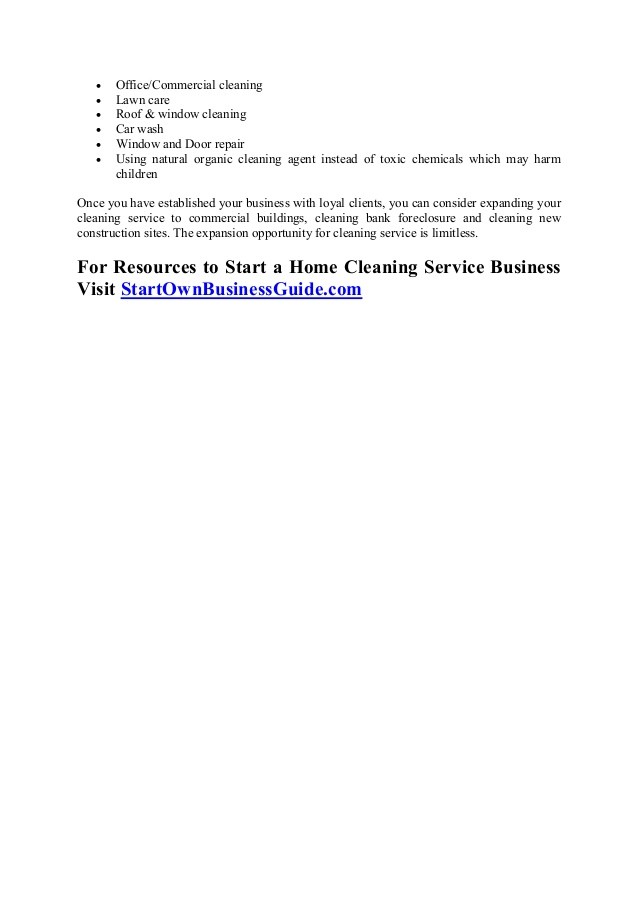How to Setup Your Own Trading Business
Post on: 20 Апрель, 2015 No Comment

I’m sure you’ve heard the saying, “treat trading like a business .”
Setting up a trading entity correctly is an important step if you are (or plan to be) a full-time trader. This will allow you to take advantage of many benefits that the typical investor does not have access to.
After reading this article you will have a grasp of:
- How a trading business functions
- What the components of a trading business are
- What kind of expenses can you write off
It’s really quite simple,
Hobby’s cost money, businesses make money. The purpose of a trading business is to capture profits just like an ordinary business. The difference is you are not selling a product or providing a service, therefore the real benefits of creating an entity around your trading business is for tax purposes.
Forming Your Trading Entity
The most common way to setup a trading entity is as a Limited Liability Company (LLC) in the state which you live. While tax laws vary from state to state, they don’t provide a significant advantage when setting up your trading entity.
The name does not need to be extravagant, as the purpose of your LLC is to separate your trading capital from your personal investments, thus limiting your liability as the name states.
No matter what state you file your entity in, you will need to draft your Articles of Organization. a document which includes your:
- Entity Name
- Purpose
- Known Place of Business Address
- Members and Percent of Ownership
- Member Signatures
In most cases you will be the sole managing member of your trading entity. I recommend reviewing the information at IRS.gov on setting up an LLC. It is also effective to file your LLC taxed as an S-Corp. This is strictly for tax purposes as it makes the itemization process easier.

Once you create your entity you can then file for an Employee Identification Number (EIN). This number will be used on all tax forms and trading accounts as this is how the IRS will identify your trading entity separate from your personal social security number.
Your licensed tax professional will be able to walk you through this process and answer any questions you have along the way. I would check to see if they have experience with trading tax accounting as there is a lot of grey area in the current laws.
Do You Qualify For Trader Tax status?
This is the first question you need to ask. I will reference Robert Green’s book, Tax Guide for Traders as this has become the industry standard for trader tax accounting.
There is no objective test to establish trader tax status qualification. The IRS developed the following criteria to determine if you’re eligible for trader tax status.
1. The taxpayer’s trading must be substantial, regular, frequent and continuous. Sporadic trading won’t be a trade or business.
2. The taxpayer seeks to catch the swings in the daily market movements and profit from these short-term changes rather than profiting from long-term holding of investments.
As you can see the criteria is quite ambiguous, however if you are day trading the futures markets for example and are a full-time trader and have no other major sources of income to pay your living you qualify without question. If you are a part-time trader because you have another business activity, the IRS may scrutinize your qualification for trader tax status.
What is Mark to Market Accounting?
Mark-to-market (MTM) refers to the procedure you follow at year-end when you mark all your open positions to market prices. MTM only applies to trading gains and losses it does not apply to a trader’s business expenses. You must elect MTM accounting; it does not default when you file trader tax status.
Commodities and futures use a different tax method than securities, the 60/40 rule. This means 60% is taxed at the long-term capital gains rate, and 40% at the short-term. MTM accounting is not a preferred method for profitable commodities and futures business traders because this blended 60/40 rate is significantly less than having your entire profits taxed at the short-term rate.
What if You Have a Losing Year?
Business taxpayers are allowed the benefit of net operating loss tax laws. These laws provide the opportunity to carry back and/or forward business losses. Make a fortune in one ear and pay your taxes then lose a fortune in the following years and carry back your net operating losses to get big refunds.
What Expenses Can a Trading Business Write Off?
Other benefits of setting up a trading entity are the ability to create retirement plans, deduct medical and health insurance premiums, and write off additional expenses such as computer equipment, travel to trade shows, and education materials.
Since your trading gains and losses are considered ordinary gains and losses when electing MTM accounting you may deduct in full against any type of tax return income. The ability to deduct home office and education expenses and depreciation on computers and office equipment is a benefit not allotted to the typical investor. The business trader may use schedule C for these business expenses.
Whether you decide to setup a trading entity and file for trader tax status or continue as a non-business trader, you must develop a detailed plan for the future if you want to succeed.
Consult Your Tax Professional
Make sure to consult with a licensed tax professional that is well versed in trader tax law. I have experience working with Traders Accounting. Since they only deal with trader taxes they are one of the best.
Resources from this article:
For more detailed information on Trading Futures visit the Getting Started Page.














